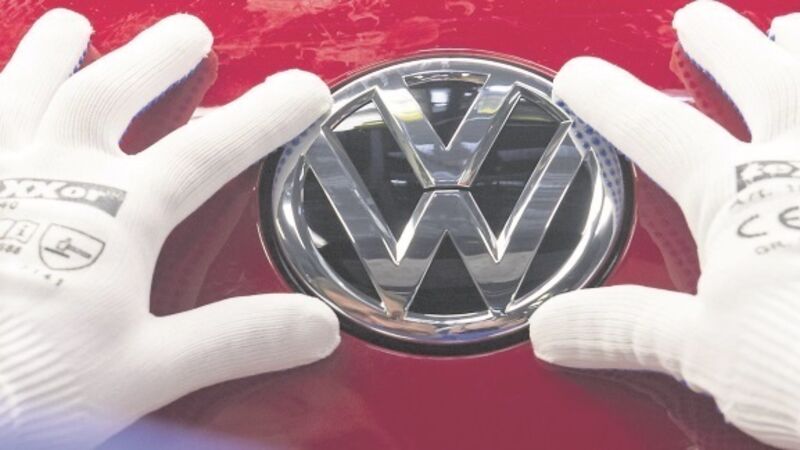EU in drive for more authority over approval of car models

The European Commission is seeking the power to fine carmakers as part of a plan for more centralised market oversight and greater independence of vehicle-testing organisations.
The proposal would also allow the commission to order recalls and — in a head-on attempt to uncover cheating technologies of the kind used by Volkswagen — oblige vehicle makers to disclose software protocols.






